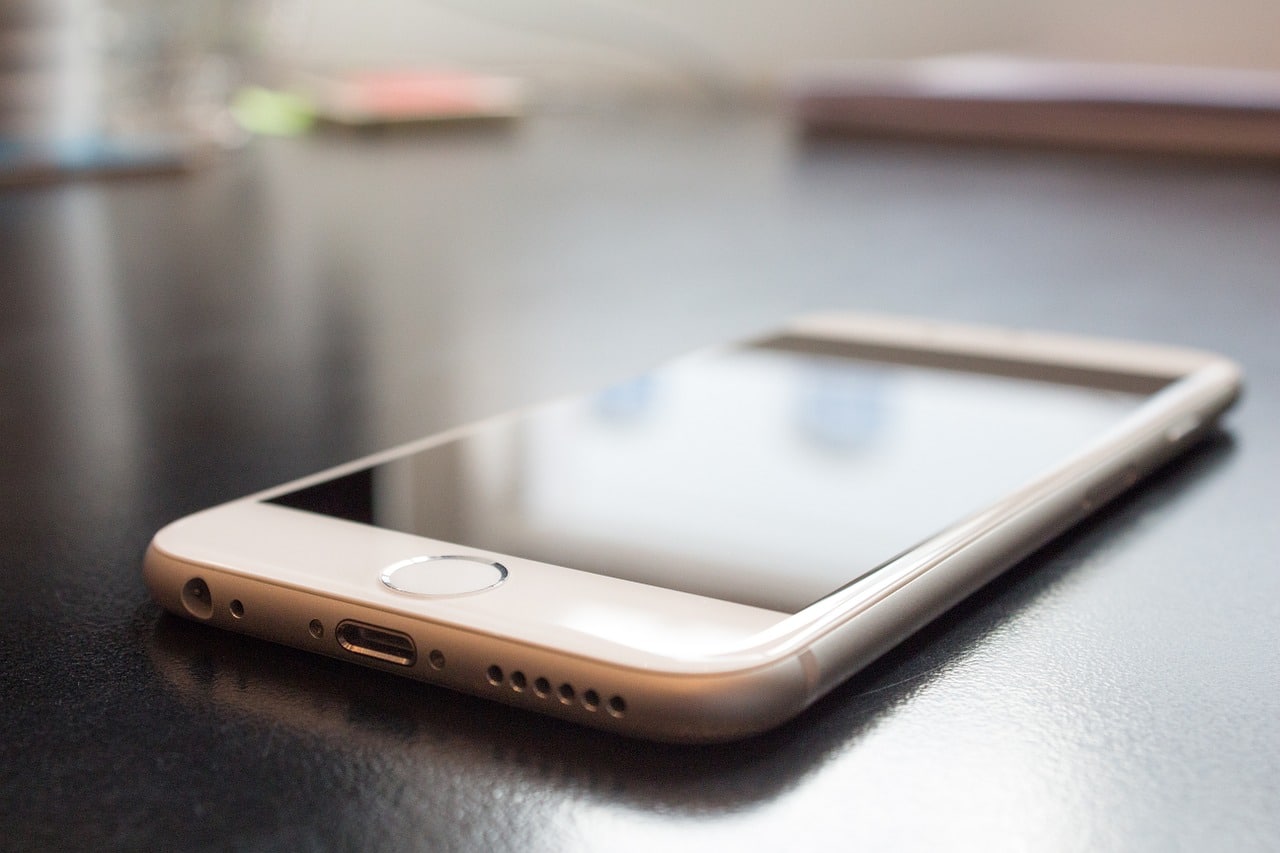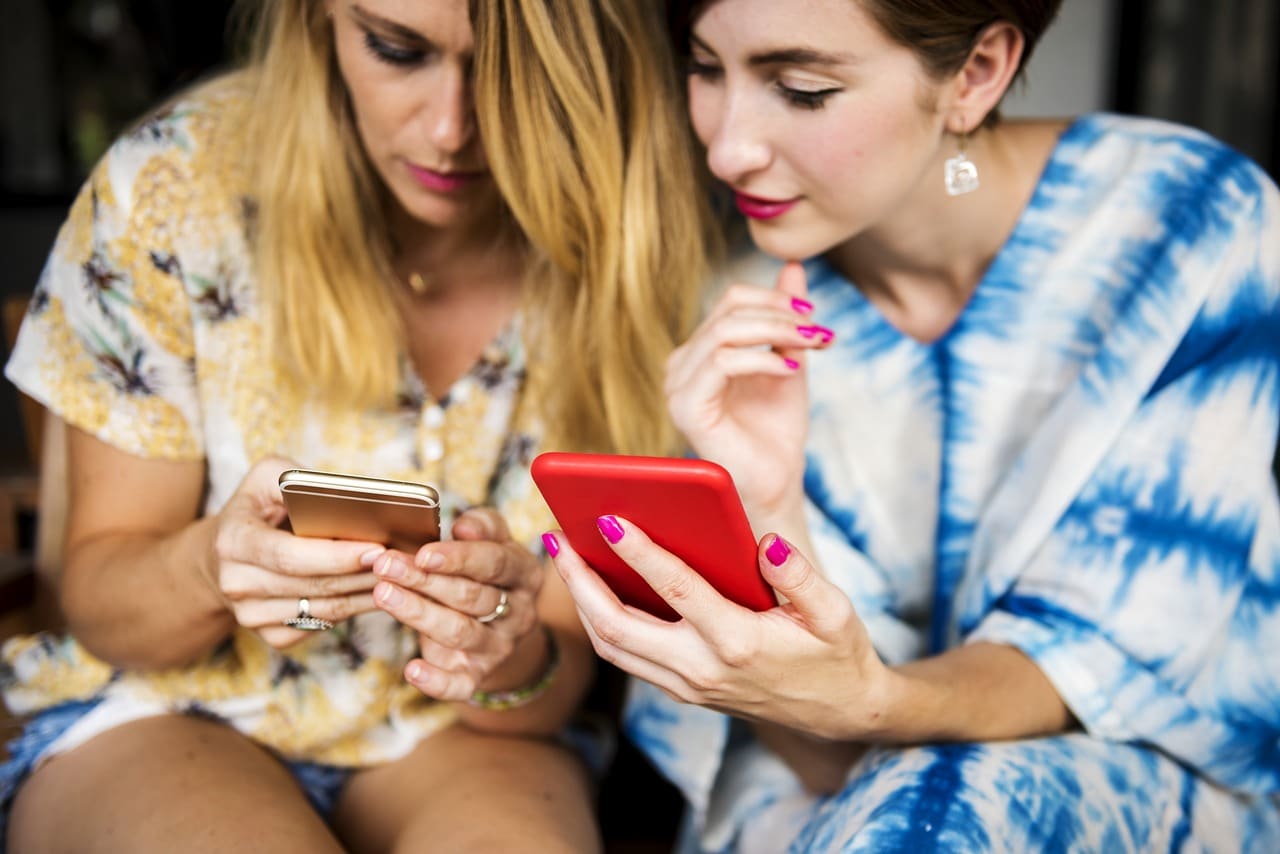Digital privacy is shrinking all over the world. New laws are being introduced globally which let governments, corporations, and advertisers access more and more data about us and our identity. They simply get this information from our online behaviors. And no, clearing your browser history doesn’t even begin to protect you.
When we travel, we’re even more at risk. The use of public networks in airports, cafes, and hotels put our digital information into others’ hands even more readily. Imagine that information in the hands of a government whose laws we don’t know. It’s not exactly comforting. The question has become how we can protect ourselves, not if we should.
VPNs, or Virtual Private Networks, can provide us with the privacy we need.
IMAGE: PIXABAY
Why Do I Need A VPN To Protect My Identity?
Think of all the personal information that we deal with online. Think of Facebook, Instagram, Twitter, or even more sensitive data like our messages, Google searches, and our emails. Consider everything we type or click on when we use our computers or cell phones. All of that identity data can be accessed, stored, and traded by our internet providers, the websites themselves, or even companies who have made digital information their trade.
The websites we use, how we use them, and where we use them, are all up for grabs. Have you ever looked at something online, say on Ebay, only to have an advert for that same product on your Facebook?
There are countless stories of online shoppers being advertised the same product they just bought or looked at. And the truth is that it’s hard to find out which corporations know what about us.
What VPNs Do
[pullquote]VPNs disguise all of our traffic – they don’t hide the traffic itself, but they obscure details.[/pullquote] By anonymizing locations and identities, VPNs make it look like our online traffic comes from a different place it actually does.
For example, this is how people are able to access US Netflix shows outside of the US – their VPN encrypts the details of their connections. To Netflix, it appears like they are in the US. Therefore they can access location-based services even when it countries that have strict viewership laws like Singapore.
VPNs protect all of our online traffic regardless of its type, including online calls, your emails, your identity, and messages. This is crucial for those traveling into strict countries where the nature of this data might mean you are breaking laws, such as China or Vietnam.
Even Western countries, like Turkey, Spain, and Portugal, limit the websites people can use and the content they can access.
Simple Guide To VPNs
A good way to find the right VPN is to consider where exactly we will need it the most. This allows us to get tailored protection in the country where we’re located and also get us the fastest speed. Simply Google VPNs in the destination country and you’ll find specialized recommendations for VPNs like this list for Turkey.
Understanding how the internet works in technical detail is mind-boggling, but VPNs are usually very straightforward to use. They’re like regular apps for your laptop, phone or tablet. With a few taps, your identity is secure.
Are VPNs Free?
To choose the right VPN, we must first disregard the free ones. I know, I know – but bear with me.
Free VPNs might slow your internet speed to a crawl. More than that, VPNs need maintenance, which means they need money. Free VPNs might earn money by selling your information eventually or using your network for other suspicious activities. Paid VPNs, on the other hand, are usually purchased by subscription for as little as $2 per month or in 6-month packages.
VPNs, Public Spaces And Travel
Travellers should be the first to use a VPN on their phones and laptops. In unfamiliar countries, we have to make use of whatever WiFi we can get, often in public hotspots.
In these spaces, our information is surprisingly open to anyone else also using those networks. Network admins might access our most personal information with alarming ease. VPNs ensure we have an extra layer of defense in unencrypted WiFi zones.
A few dollars seems worth it. We can be assured that our information is safe in foreign countries whose rules and laws we might not know. We all have to make use of public WiFi at some point and it’s essential that we get the protection we need for these spaces, as well as elsewhere in our everyday lives.
For more VPN-related stories and information from us here at Bit Rebels, click here.


COMMENTS